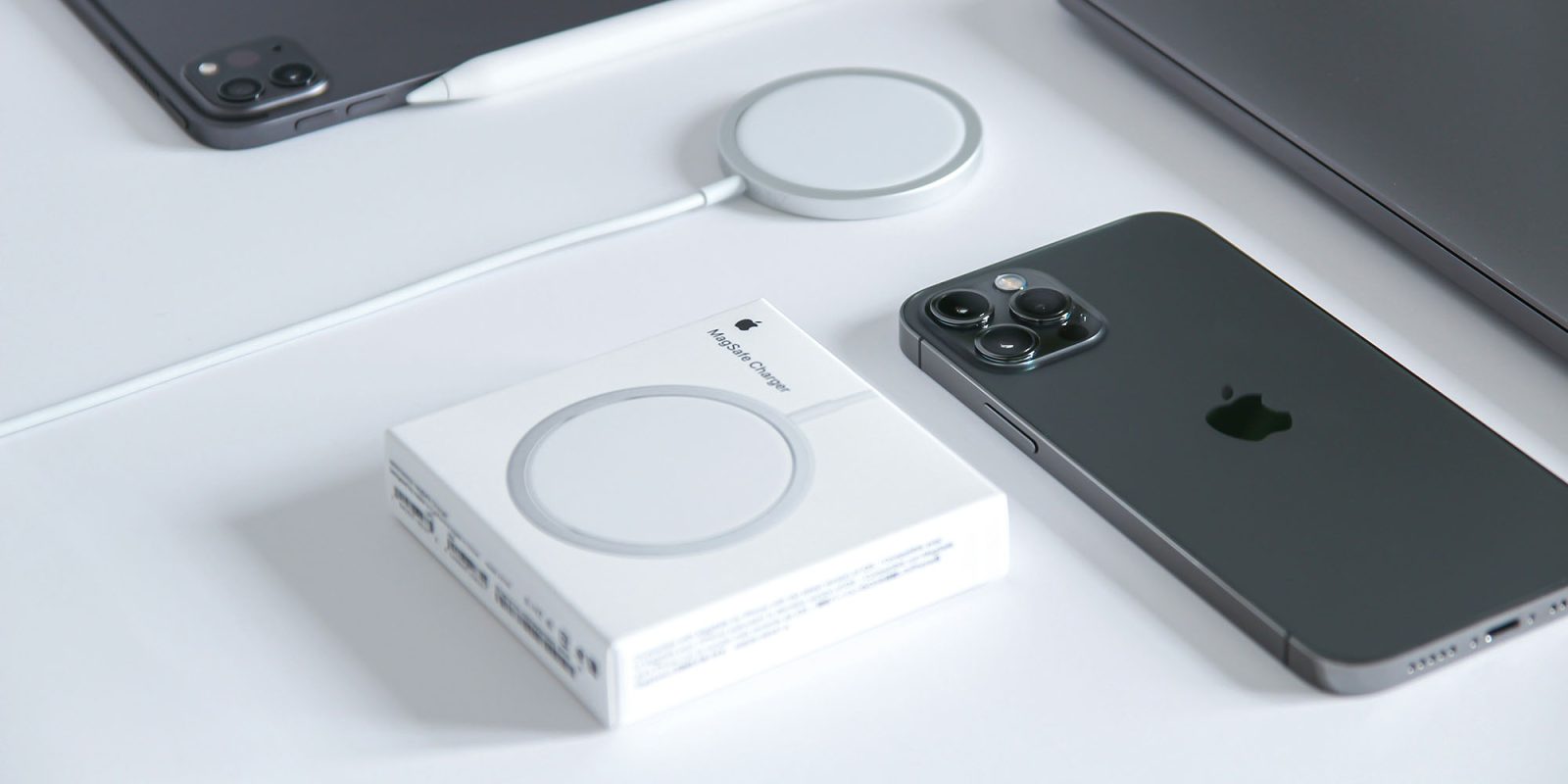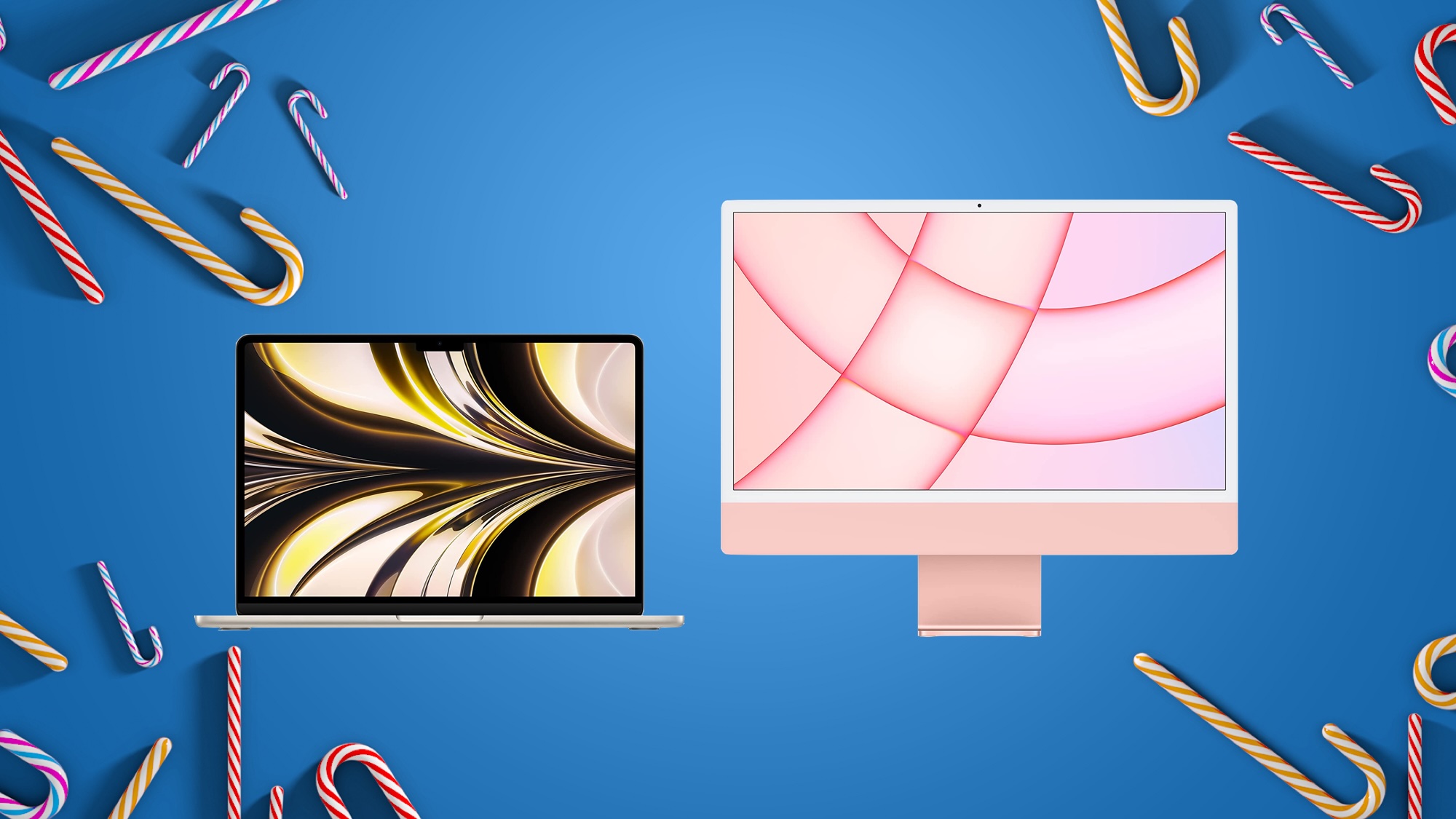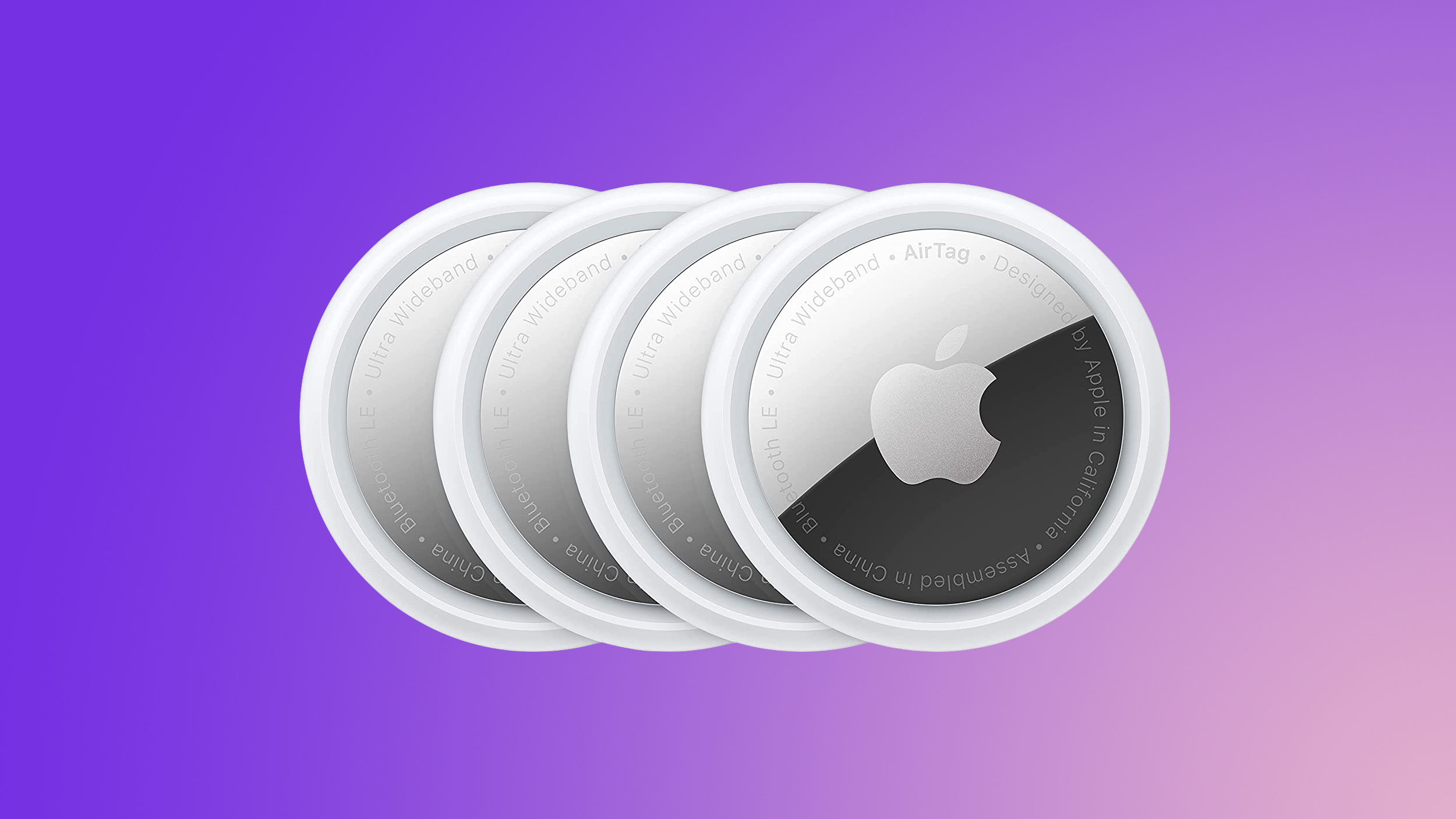
One of the upgrades coming to the iPhone 16 line-up is faster wireless charging, and you may be tempted to upgrade to a new MagSafe charger, coupled to a beefier charging brick, to take advantage of the 25W charging speed.
But just because you can charge your phone faster doesn’t mean that you should …
The original Qi standard for wireless charging was limited to 7.5 watts. MagSafe doubled that to 15W, with the Qi2 standard matching this.
With the iPhone 16 line-up, however, Apple is further boosting the wireless charging power.
The charging speeds for the iPhone 16 lineup are the same across the entire lineup this year, including the iPhone 16, iPhone 16 Plus, iPhone 16 Pro, and iPhone 16 Pro Max – with MagSafe wireless charging up to 25W with a 30W adapter or higher.
As we noted earlier, this is only true if you buy the all-new MagSafe charger launched alongside the iPhone 16.
The move means that MagSafe and Qi2 chargers are no longer interchangeable, as only the latest MagSafe chargers will support 25W; Qi2 remains limited to 15W.
But while faster charging can be handy, it also puts more of a strain on the battery. So if you’re just looking at a MagSafe charger for overnight use, then you may be better off sticking to existing 15W chargers.
Yes, iPhones have built-in intelligent battery-management features, most significantly defaulting to an 80% charge until close to your normal wake-up time, at which point they top up 100%. Those type of features reduce battery wear, but it’s still the case that the faster the charging rate, the faster your battery capacity will degrade.
Given that, for most of us, even a 7.5W charger will fully-charge our iPhone while we sleep, and we’re likely to use a wired charger on those occasions when we need a mid-day top-up, the new 25W chargers likely don’t make sense.
Photo by Brandon Romanchuk on Unsplash
FTC: We use income earning auto affiliate links. More.

 2 months ago
26
2 months ago
26








 English (US) ·
English (US) ·